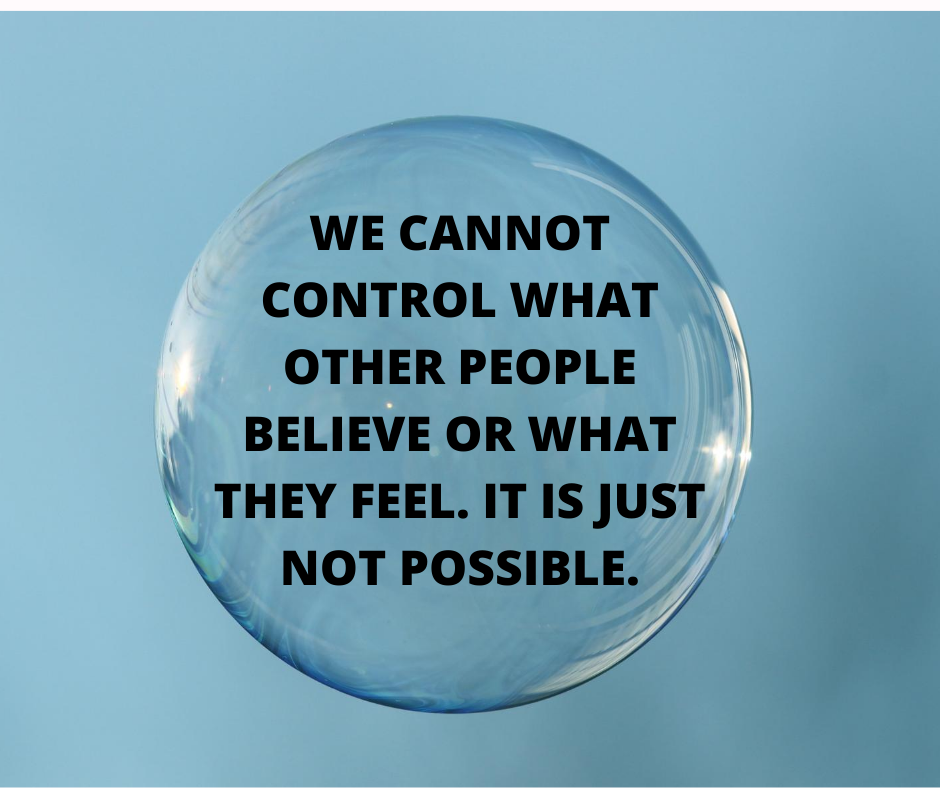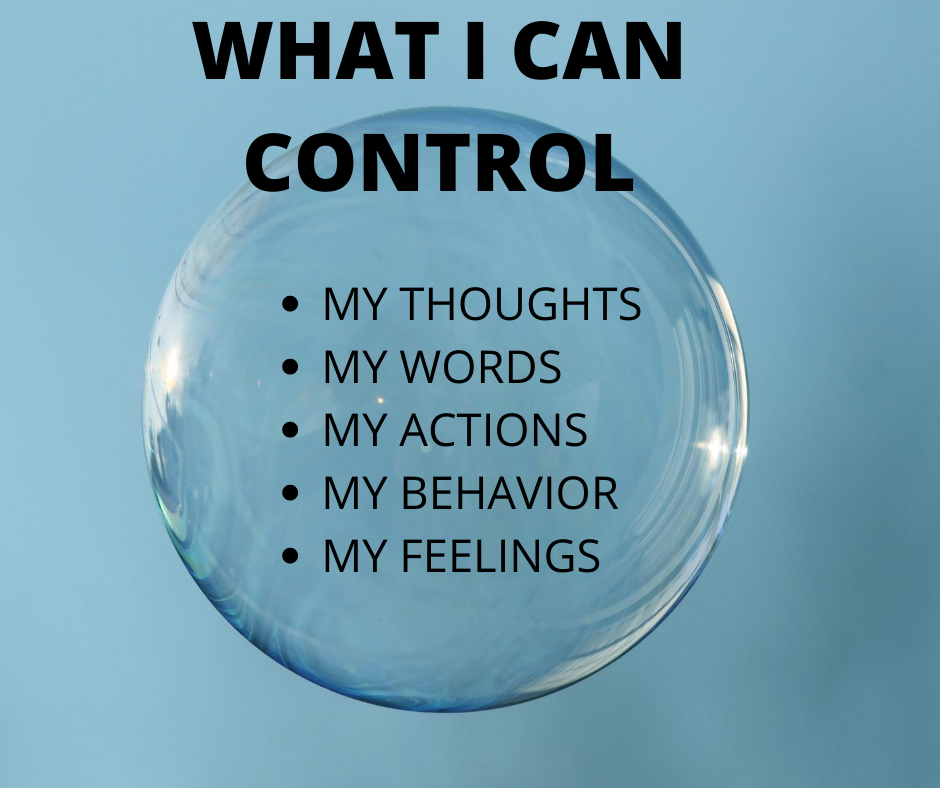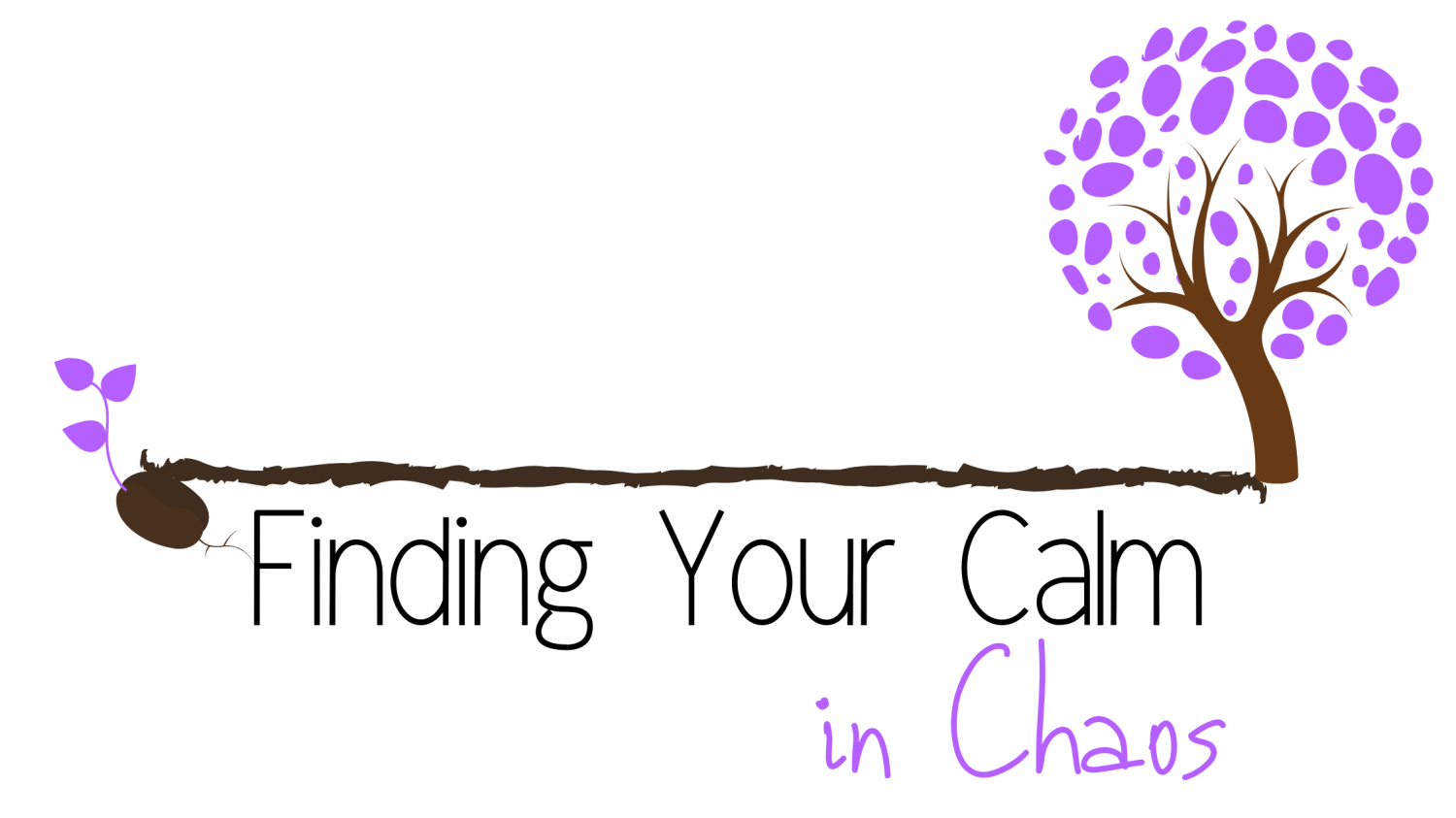
A few years ago, I attended a family event. During this event, a family “spat” between two siblings exploded. It started out cordial enough as a simple discussion about politics. Both family members had different political views and have had unique experiences in their lives. On this day, they felt the need to convince each other that their view was correct and to argue how the other was wrong. The situation was awkward and made the other’s nearby uncomfortable. It ended with hurt feelings and months of stalled communication. This was no longer a conversation about the actual issues, but a conversation that turned to attacking and name-calling. This wasn’t a new argument, it had been building for years. Both parties played a part in the hurtful comments and attacks. Why did it get this far, and how could they find a workable solution to this issue? Although, in today’s environment, this situation is becoming more and more of a problem, they could find a solution. But this would require some work for at least one person involved. I wondered how this situation had gotten so out of control and if these two people with such different views could come to respect one another’s differences and have a future discussion that was not so volatile.
Why is it we feel the need to “convince” others to feel the same way we do? As a child, I remember having long conversations with my beloved father about tough issues. My father was a man of conviction. He held strong views on how a man should treat his wife, how to love and raise children, and how the home should function. It was not always perfect, but we always knew that Dad loved us. There were also things we knew that we better not do. Drinking was a no-no to my father, experimenting with drugs would not happen and we had better respect our mother. He made these things very clear. But we learned a lot from watching him, not from hour-long lectures on what was right or wrong. We just knew that he would not tolerate certain behaviors. We did not take the chance of finding out what would happen if we crossed one of his morals or values.
With that said, dad also respected our differences. There were many times our views did not align with his “traditional” views on life. With four daughters, my father had his work cut out for him. Born in the early 1930s, his views were old-fashioned and simple. Work hard, take care of your family, and pay the bills. As the 1970s and 1980s came and went, the world was changing and his views were not. However, he supported us, even when he felt like saying no and controlling the situations. As we got married, he expressed his views about our chosen partners, but allowed us to do what we thought was best for us. Throughout the years, he learned to love and accept our spouses. As we had children of our own, he did not always agree on our “liberal” parenting styles, but he respected that those decisions were ours and did not try to control how we raised our children.

In the early 90s, I was a newlywed in my early 20s. One night I was arguing with my husband. I was so frustrated I got into my car and drove to my father’s house. He met me at the door and he could see that I was not happy. I remember how stern his face was when he opened the door. He told me I was now a married woman and to get back in my car, drive home, and fix my issues. I thought he was cruel and uncaring, but what he did was show me where my priorities needed to be and at that moment; it meant with my husband. He could have let me in, convinced me my husband was wrong, and let me return to the comfort of his home. But what would that have taught me? What my father had done that day was to step back from a situation out of his control and make me responsible for my choices and actions. He did not realize at the time how important this lesson would be for me, and he did not understand how correct his actions that day were.
In life, we often are in situations that make us feel the need to control the outcome. Sometimes these involve crisis’s and other times it’s just the daily routines that life requires. But what is in our control and what is not?
I believe that often the anxiety that we feel comes from trying to control situations or people that, well, just are not ours to control. In the situation above, with the two siblings, both were trying to control the other person’s thoughts, feelings, and beliefs. They thought that by discussing these issues, the other person would change or “grow up.” That if they just made their argument better, the other person would have a lightbulb moment and just change their entire political views. This would never happen.
We cannot control what other people believe or how they feel. It is just not possible. We must realize what is controllable in our lives and what isn’t if we will find the path from chaos to calm.

What is within our control?
When we stop focusing on what we can’t control we eliminate the stress that comes with uncontrollable situations. The good news is there are certain things in our lives we can control! When we focus on what we can control, we achieve a whole new level of freedom.
Your thoughts, your words, your actions, your behavior, and your feelings are all within your control. That list may seem small but it encompasses your whole life. What you do, say, think and how you react is within your control. When we have arguments or problems with someone those are the only things we can control.

What is not within our control?
Other people’s thoughts, words, actions, behavior, or feelings are NOT within our control. Once we realize this the need for arguments is almost eliminated. Yes, they are eliminated. We need not argue, debate, or prove our points when we realize that others have a right to their thoughts, words, actions, behavior, and feelings. This is one of the simplest concepts I have ever learned researched.
Take a look at the sibling situation using this simple concept:
In the sibling argument, if both parties had understood they had no control over the other person’s beliefs, the argument would never have begun. By realizing that the other person has a right to their opinion based on their life experiences, they would have had enough respect to discuss this with facts, not feelings. IF both individuals would have focused on their own behavior at the moment and not the other person’s behavior, the discussion would have ended with smiles, not insults. Instead, both focused on changing the other’s views. This is impossible. As the argument escalated, they were attempting to control everything that was not in their control. Isn’t this what every argument is about?

Although this concept seems simple, it is very hard to change our behavior to fit in with this belief. For myself, it took months, maybe years to eliminate the need to control hard situations that I felt I could solve with my words or my actions. I had to eliminate the need to have those discussions or let myself take part in debates I had no right to win. My feelings and beliefs were my own. They worked for me. This does not mean anyone else had to feel the way I did. Finding the balancing act to express my thoughts, feelings, and beliefs, in which I have every right to do, was an arduous task. How could I express myself without disrespecting another? The keyword here is respect. I needed to show respect to those that I disagreed with and make them feel validated, even if I became angry or frustrated. This moves us into being able to control our actions and behavior. I do not always respect everyone in my life, however; I respect myself and if I am in control of my actions and behavior; it would be necessary to show self-control with those I did not respect or agree with. This was harder than it sounded and to do this I would have to establish personal boundaries with those in my life. (check out my post on Boundary setting here)
 Think about the last time you argued with someone. Was one person trying to control the other’s thoughts, words, actions, behavior or feelings?
Think about the last time you argued with someone. Was one person trying to control the other’s thoughts, words, actions, behavior or feelings?
Controlling what is controllable
When I first used this concept in my life, I envisioned an invisible bubble around me. Within that bubble was everything I could control. The rest of the world was uncontrollable. It was no longer my problem to control anything outside this bubble. This was hard! How could I have intimate relationships with people if I could not “control” the direction of the relationships? I soon found that focusing on the things that I could control strengthened every one of my relationships! The judgment, resentments, anger, irritation, and powerful feelings disappeared almost immediately! I found this freeing from the moment I used this tool. My adult children were arguing? This was out of my control and they needed to work it out. A waitress was being slow? This was out of my control, but I could focus on the person I was having lunch with. Someone else’s dog was barking in the neighborhood? I could control turning my tv up or putting headphones on. Stuck in traffic? I could turn the radio up or make a phone call that I had been putting off. The freedom I found was exhilarating, and my mind was calmer than it had ever been.

![]() What is within our control? Your thoughts, your words, your actions, your behavior, and your feelings are all within your control.
What is within our control? Your thoughts, your words, your actions, your behavior, and your feelings are all within your control.
![]() What is not within our control? Other people’s thoughts, words, actions, behavior, or feelings are NOT within our control.
What is not within our control? Other people’s thoughts, words, actions, behavior, or feelings are NOT within our control.




